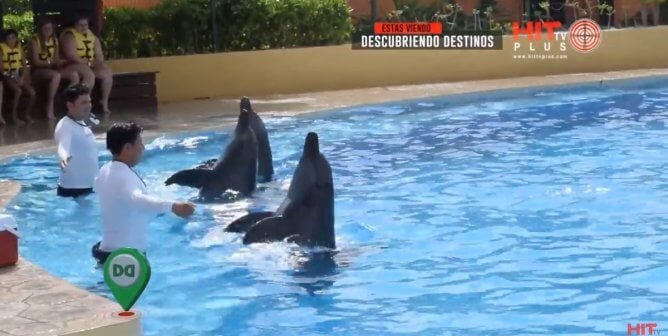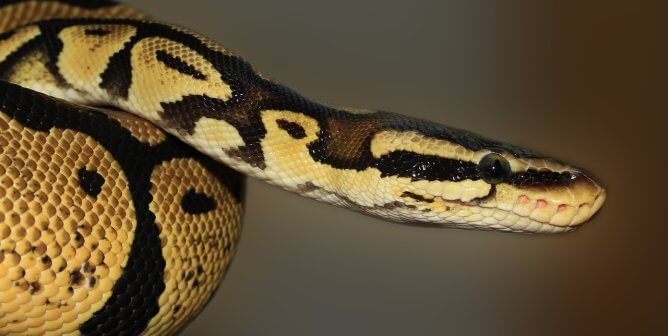Remember what happened to Nemo? Watching The Dark Hobby will refresh your memory: He was torn away from his home and family and relegated to an aquarium in a dentist’s office. By way of Pixar magic, he was reunited with his father in the end, but that’s not the case for the billions of fish who are abducted from their homes and die shortly afterward in an aquarium hobbyist’s tank.
The eye-opening documentary The Dark Hobby exposes how industry workers take fish from their ocean homes and sell them for people to buy as “pets” for their personal aquariums. At any given moment, 27 million aquatic individuals are in the aquarium pipeline—which begins the moment they’re captured and taken from the only life they’ve ever known and simultaneously stripped of their family and freedom.
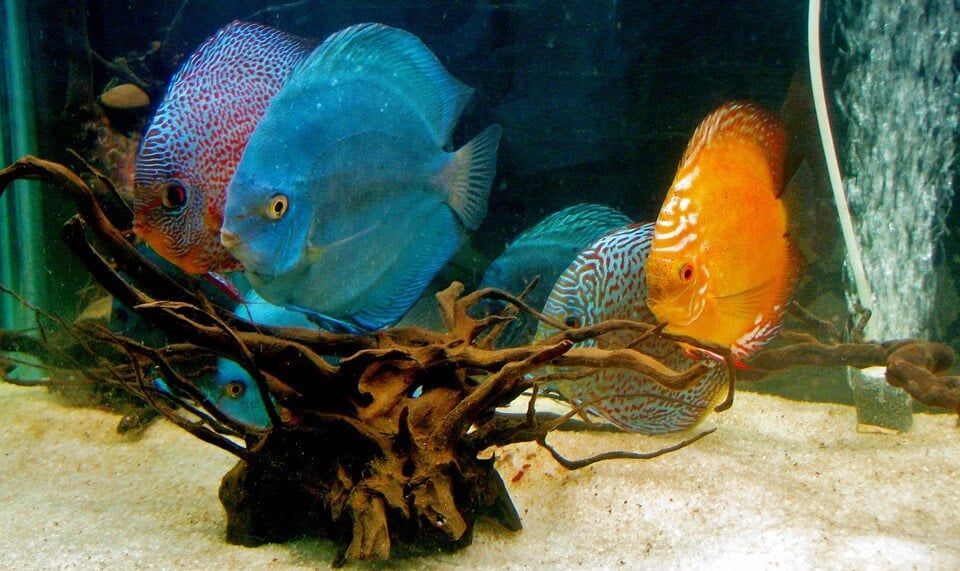
Violence and Death Are Inherent in the Capturing of Live Fish
Profit-driven divers in Hawaii catch as many tropical fish as possible in this virtually unregulated industry, decimating coral reefs—which rely on these very fish for survival. The Dark Hobby chronicles the commercial aquarium trade’s history in that state and addresses the high mortality rates for captive fish, the effects of cyanide on reefs, and fish’s cognitive capabilities.
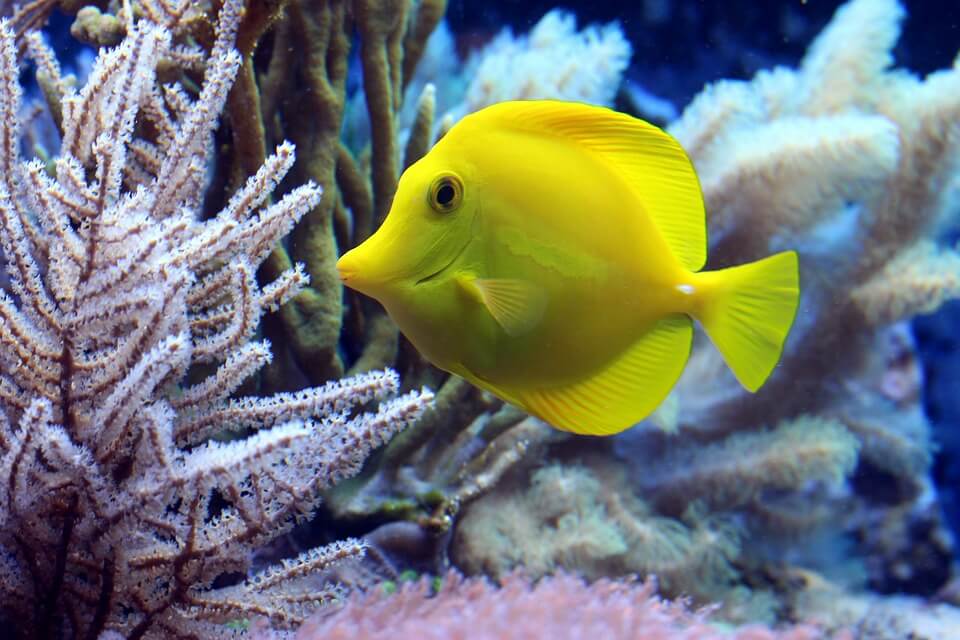
The National Oceanic and Atmospheric Administration reported in 2008 that up to 90% of saltwater fish brought to the U.S. for display are caught illegally by dousing coral reefs with cyanide—which asphyxiates fish. Studies have shown that as many as 75% of fish poisoned with cyanide die within hours of collection, and another 30% die before they’re ever shipped.
In The Dark Hobby, interviews with PETA, marine biologists, ethologist Jonathan Balcombe, and other activists shed light on just how shockingly unsustainable this industry is.
Taking Fish From Their Homes Is Speciesist
Taking fish from their natural habitat only to disregard their needs, stick them in a tank, and use them as decoration is an example of human supremacy. Fish are sensitive beings who lead complex and fascinating lives. They communicate with each other using a variety of sounds that we can’t hear without special instruments and have courting and mating rituals and problem-solving skills. They’re highly evolved beings who have been around for half a billion years and can irrefutably feel pain and even get lonely and frustrated. They’re just like us—or rather, we’re just like them—so they can absolutely experience pleasure, loss, and a wide variety of emotions.
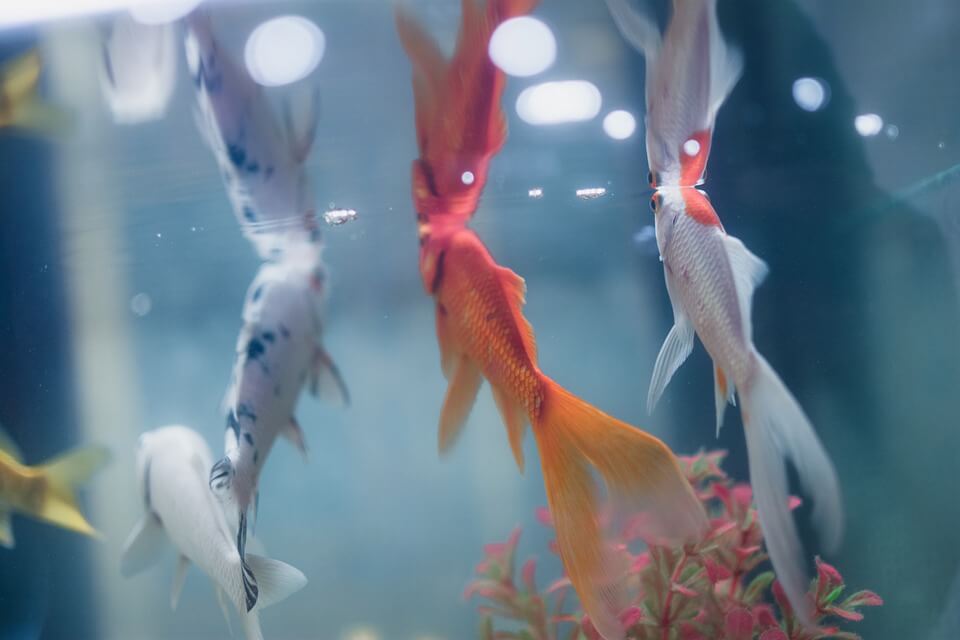
Biologists wrote in Fish and Fisheries that fish are “steeped in social intelligence, pursuing Machiavellian strategies of manipulation, punishment and reconciliation, exhibiting stable cultural traditions, and co-operating to inspect predators and catch food.”
These tropical fish, who were born to dwell in the majestic seas and forage among brilliantly colored coral reefs, suffer miserably when they’re forced to spend their lives in glass tanks. A whopping 99% of them die within a year of captivity, thus perpetuating demand for the cruel trade.
Kidnapping and Selling Fish Is Devastating the Ecosystem
Most saltwater fish can’t be bred in captivity, so up to 98% of those sold in pet stores come from people who capture them in their ocean homes. Some species of fish that used to be sold as “pets” have been completely wiped out. That’s because anyone can become a fish diver. As stated in The Dark Hobby, the only barrier is a pulse and $50.

How You Can Help
You can take action for fish by gathering your friends and family to screen this important film and pledging not to support this hideous trade. Watch the documentary on your smart TV or computer—or remotely with friends while chatting over Zoom, Facebook Messenger, or FaceTime.
The film will be available on Apple TV, iTunes, Vudu, YouYube, and Google Play.



